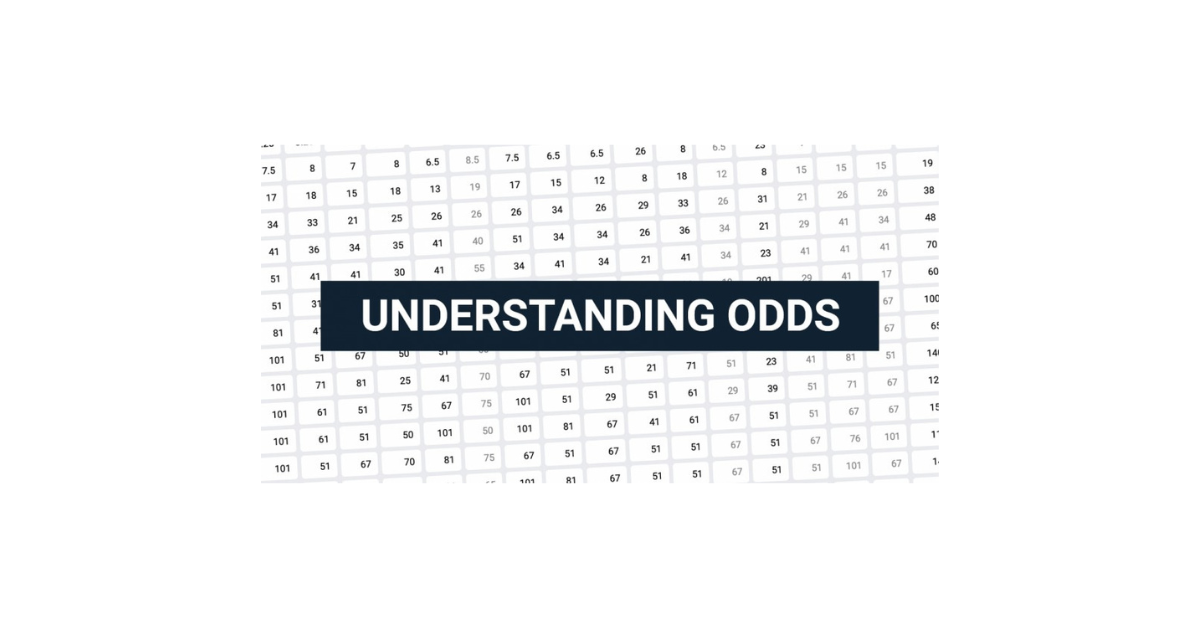Understanding the Basics of Odds
Odds are numerical expressions used to represent the likelihood of an event happening. They provide a way to quantify probabilities and understand the potential outcomes of a particular situation. In simple terms, odds reflect the ratio of the probability of an event occurring to the probability of it not occurring.
When you see odds represented as a fraction, such as 2/1, it means that for every 1 time the event happens, it will not happen 2 times. This can also be expressed as a ratio, like 2:1. Similarly, if the odds are 1/4, it suggests that the event is more likely to happen, as for every 4 times it occurs, it will not happen once. Understanding how to interpret odds is crucial in various aspects of life, from sports betting to financial decision-making.
Different Types of Odds Formats
Odds are typically presented in three main formats: decimal, fractional, and American. Decimal odds are commonly used in Europe and are displayed as a decimal number. For instance, odds of 2.50 mean that for every unit wagered, you will win 2.50 units if your bet is successful.
Fractional odds, on the other hand, are primarily utilized in the UK and are displayed as a fraction. For example, odds of 3/1 mean that for every 1 unit wagered, you would win 3 units if your bet wins. Lastly, American odds, also known as moneyline odds, are expressed with a positive or negative sign. Positive odds indicate how much profit you would make on a 100 unit bet, while negative odds show how much you need to bet to win 100 units.
Calculating Probability from Odds
To determine the probability from odds, you need to first understand what odds represent. Odds are a numerical expression of the likelihood of a particular outcome occurring. They can be displayed in different formats such as decimal, fractional, or moneyline odds.
Once you have the odds in one of these formats, you can easily convert them into probability. Probability can be calculated by using the formula: Probability (%) = 1 / (Odds + 1). For example, if the odds are 2 to 1, the probability can be calculated as 1 / (2 + 1) = 1/3, which is equivalent to 33.33%. This conversion allows you to better gauge the likelihood of a specific outcome based on the given odds.
Understanding Implied Probability
When analyzing odds, it’s worthwhile to consider implied probability, a concept that allows us to gauge the likelihood of a particular event occurring based on the odds provided. Implied probability is calculated by converting the odds into a percentage that represents the probability of an outcome. For instance, if the odds are 3:1, the implied probability would be 25% as there is one chance of winning for every three chances of losing.
Understanding implied probability is essential for making informed betting decisions as it provides insights into the perceived likelihood of an outcome. By comparing implied probabilities with your own assessments of the probabilities, you can identify potential value bets where the odds offered by the bookmaker are higher than the actual probability of the event occurring. This strategic approach enables bettors to make more rational and calculated wagers based on an objective evaluation of the odds presented.
The Relationship Between Odds and Payouts
In the world of betting and gambling, the relationship between odds and payouts is crucial for both beginners and experienced bettors. Understanding how odds correspond to potential payouts is essential for making informed decisions and maximizing profits. Simply put, odds represent the likelihood of an outcome occurring, while payouts indicate the amount of money you stand to win if your bet is successful.
When it comes to odds and payouts, they are directly correlated – the higher the odds, the larger the potential payout. Conversely, lower odds correspond to smaller payouts. Bettors need to strike a balance between the likelihood of an outcome and the potential return on investment. By mastering the relationship between odds and payouts, individuals can develop strategies to optimize their bets and increase their chances of success in the unpredictable world of gambling.















